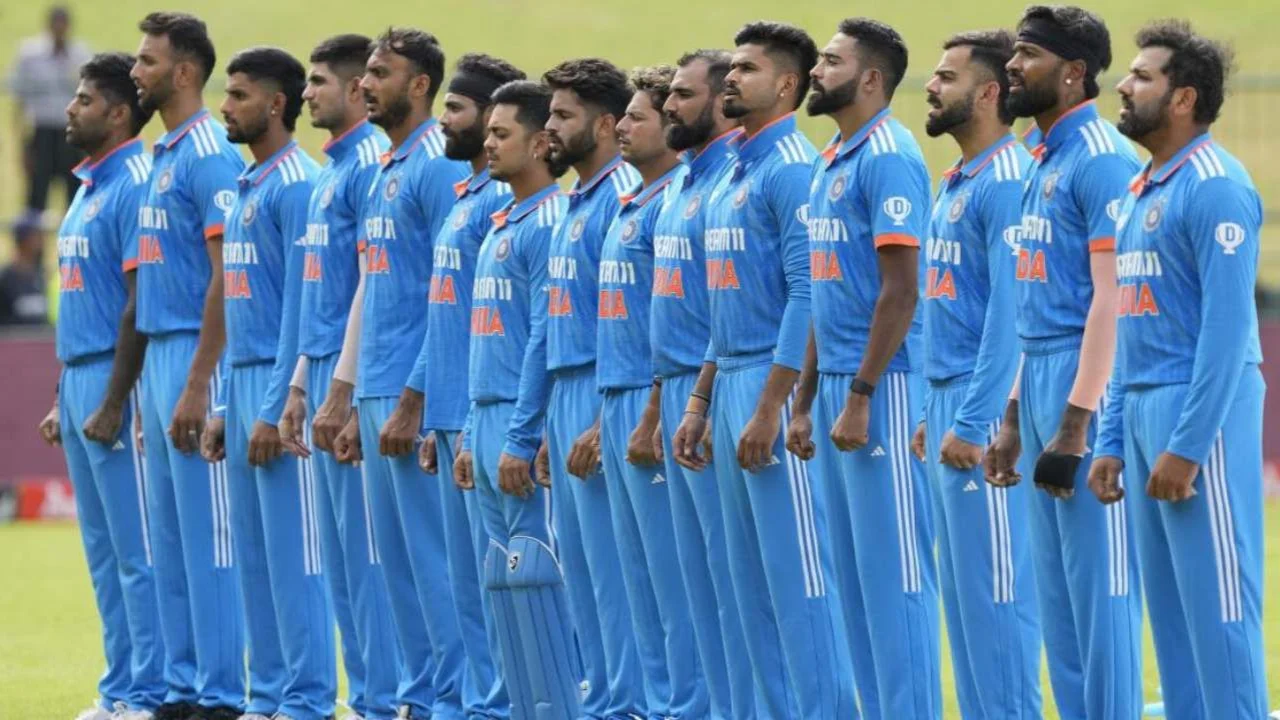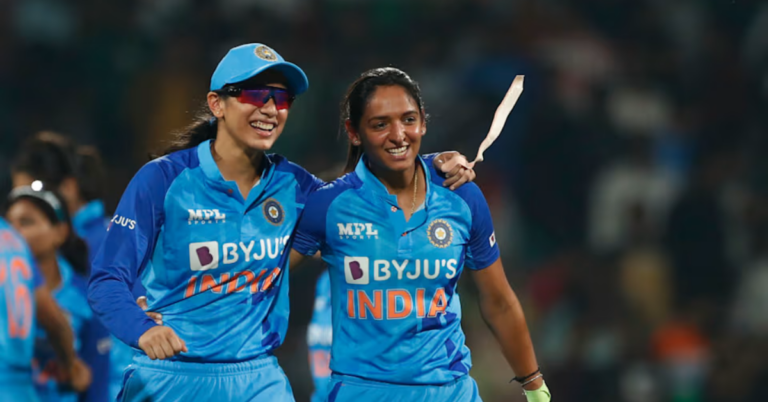Ensuring Fair Play: Legal Perspectives on Match-Fixing in IPL: Laser247, Gold365, 11xplay
Laser247, Gold365, 11xplay: One of the key legal frameworks for addressing match-fixing in the Indian Premier League (IPL) is the Prevention of Corruption Act, 1988. This legislation prohibits individuals from engaging in corrupt practices, including bribery and misuse of public office for personal gain. The Act provides a strong foundation for prosecuting individuals involved in match-fixing activities, as it outlines severe penalties for such misconduct.
Another critical legal framework is the Sports (Online Gaming and Prevention of Fraud) Bill, which aims to regulate online sports gaming and prevent fraudulent activities in sports. This bill establishes mechanisms to detect and combat match-fixing, including the provision for stringent monitoring and surveillance of sports events. By addressing the issue of online gaming and fraud prevention, this legislation contributes to maintaining the integrity of sporting events like the IPL.
Historical Cases of Match-Fixing in IPL and Their Legal Ramifications
One of the most infamous cases of match-fixing in the history of the Indian Premier League (IPL) involved the Rajasthan Royals and Chennai Super Kings in 2013. Three players from the Rajasthan Royals were arrested for their involvement in spot-fixing, leading to serious legal consequences for the players and the teams involved.
The legal ramifications of the match-fixing scandal were far-reaching, with the IPL imposing bans and fines on the players and teams involved. The Rajasthan Royals and Chennai Super Kings were both suspended from the IPL for two years as a result of the scandal, highlighting the severe penalties that can be imposed under the legal frameworks in place to address match-fixing in the league.
Challenges in Prosecuting Match-Fixing Offences in IPL
One of the primary challenges faced in prosecuting match-fixing offences in the Indian Premier League (IPL) is the lack of concrete evidence. While suspicions may run high and allegations are often made, proving beyond a reasonable doubt that a match was fixed can be extremely difficult. Without solid evidence such as recorded communications, financial transactions, or witness testimonies, prosecuting those involved in match-fixing becomes a complex and arduous task for legal authorities.
Additionally, the secretive and sophisticated nature of match-fixing syndicates poses a significant obstacle in the prosecution process. These underground networks operate with meticulous planning and utmost discretion, making it hard for law enforcement agencies to gather incriminating evidence against them. Given the transnational nature of these syndicates and their ability to adapt to evolving legal frameworks, staying ahead of match-fixing perpetrators and effectively prosecuting them requires a coordinated and strategic approach from various stakeholders involved in combating corruption in sports.







